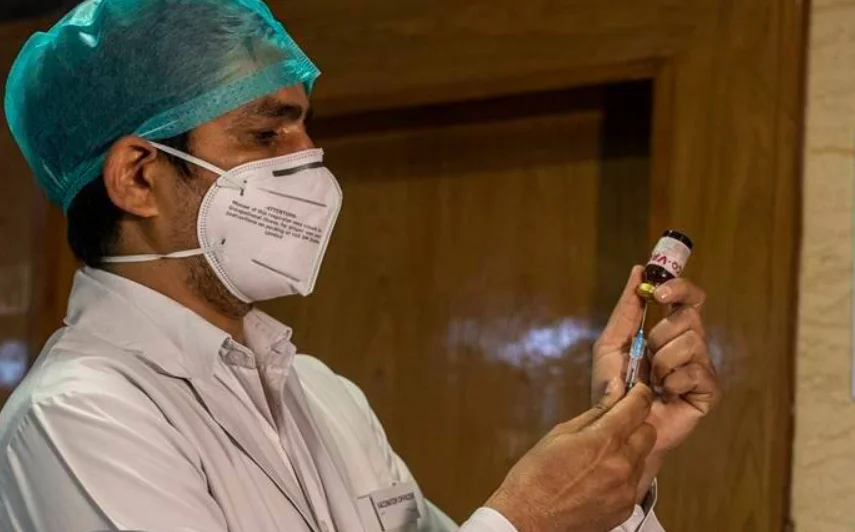Return to the old normal may take away from us a very potent opportunity
Governance, as a tool, is not about reforms. Governance is about laying out procedures for the smooth functioning of systems. But reforms go beyond that.
Over the past 200 years or so, humankind has undergone massive changes. While change has been constant throughout human life on earth, science and technology gave humans the handles of control over a lot of those changes. Science and technology also accelerated the pace of change. Many say human life has reformed in all these years.
The point they seem to miss is that in all these years, we have mostly tried to regulate procedure and not really been working at reform. Regulation is not reform. Reform is a more fundamental concept, one that introduces positive changes. The pandemic, which stopped life in its tracks, was a reminder that we need reforms. With the vaccine now reaching people and restrictions on movements gone, it is possible we will soon push the lessons of the pandemic into oblivion and move on without reforming.
Governance, as a tool, is not about reforms. Governance is about laying out procedures for the smooth functioning of systems. But reforms go beyond that.
The fight today is between life and lifestyle. In the process of our evolution, we have built many institutions and each institution has taught us more regulation and less reform.
Human life is not eternal. Life is about more than just inhaling and exhaling air. Science and technology only create an illusion of giving us a quality life, with more apps and gadgets. For every problem, there is a machine. The machines have more machines to enhance their performance and give us an illusion of a life well lived. We judge the quality of life by an individual’s ability to buy these machines.
But the quality of life can’t improve just by automating daily functions. To attain a quality life, we have to reform. This reform requires change and actualization of the inner self. This needs inner reforms. Artificial intelligence cannot regulate our minds and emotions. It cannot stop a pandemic from hitting us again, even if it can assist in making a vaccine faster through data collection, analysis and sharing.
We must also ponder over what needs more attention and care — regulation or life itself? This crucial question also provides answers to what is more important — regulation or reform. And what is reform exactly — a real change or more regulation? It is important to make these distinctions and set the right priorities.
To each problem our response is to bring in a new regulation — but in the absence of real reforms, we find our problems getting bigger and seemingly out of control.
Societies will have to get together and discuss the need for reforms. They must begin by asking the crucial question: Are we only destroying what we have or are we building something new?
Sustainable life goes beyond just planting trees or reducing our carbon footprint. It is also about a balance between regulation and change. The pandemic proved to us that all that we built in over 200 years has pushed us towards living more dangerously. We are now living in what is called the age of anxiety. Our youngsters are at the receiving end of this, with mental health experts warning that we are, as a society, literally living on the edge. Substance abuse is being seen as a refuge and the relationship between substance abuse and violent tendencies is well known.
No regulation can stop this until we move towards and discuss real reforms. During the lockdown, these life-changing questions were being asked and answered.
The safety of the vaccine and return to the old normal may take away from us a very real and potent opportunity to reform. We should not miss it at any cost.




